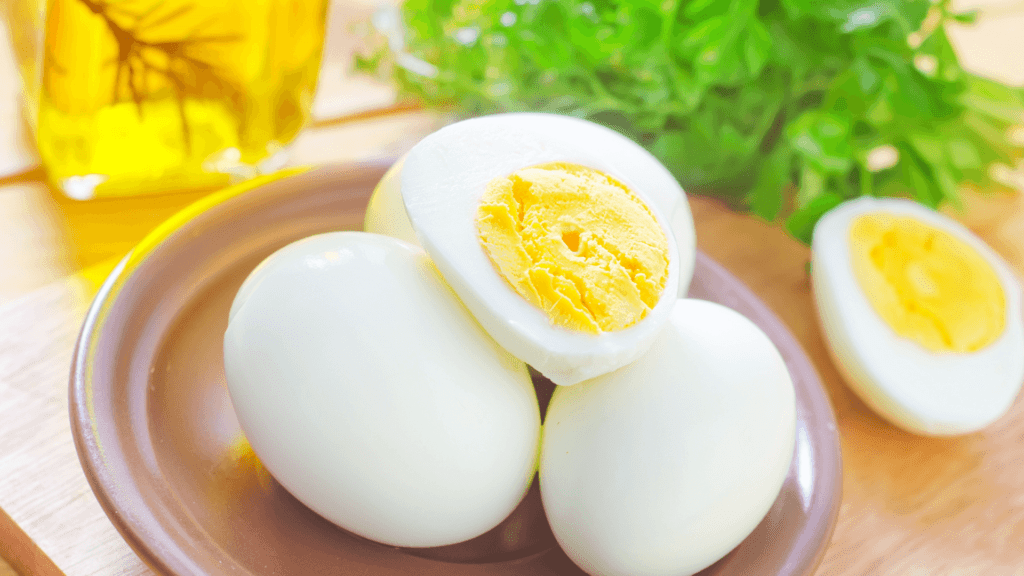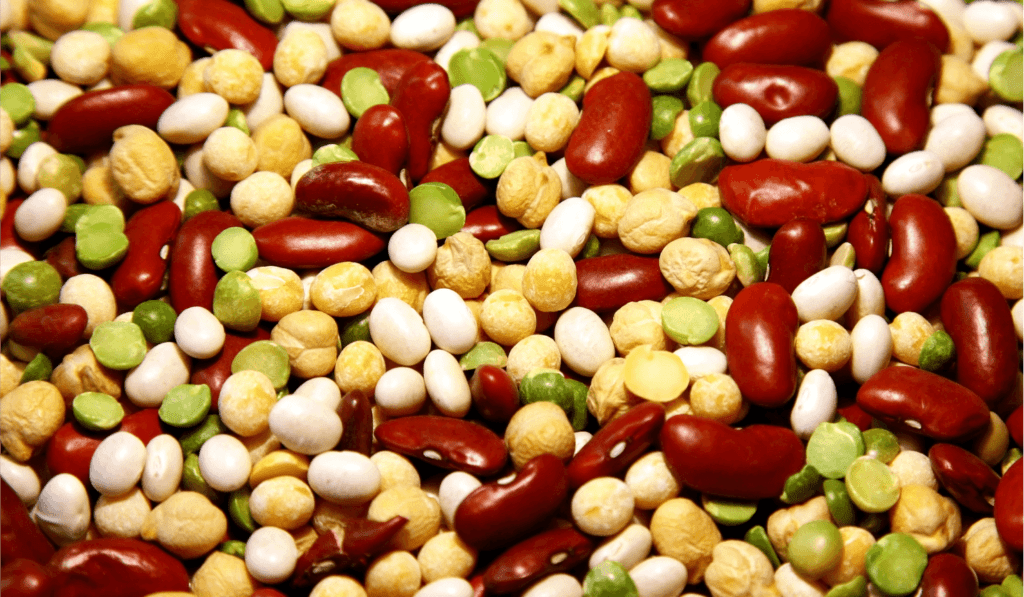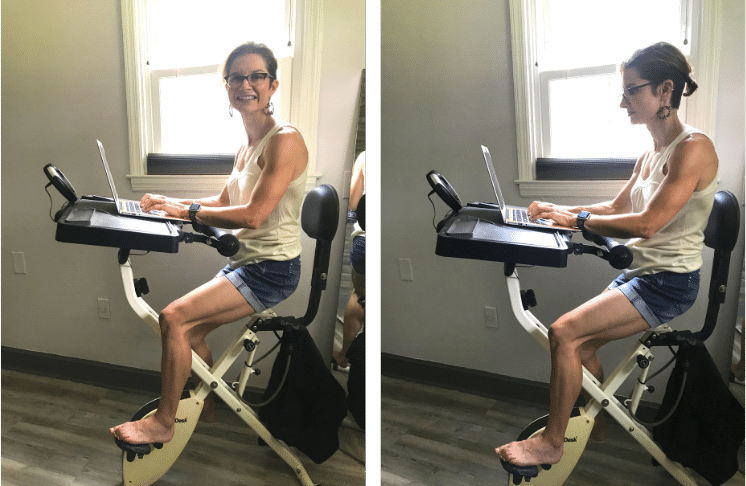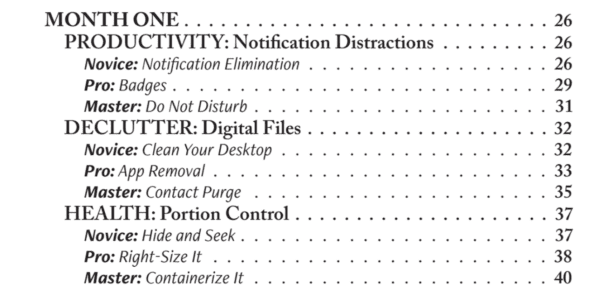Would you rather listen instead? Click here for a the 12-minute audio recording
The health, food, and exercise industry can be frustrating. There are so many things I used to believe about the health industry that I don't believe in now. It's hard to keep up with science, the media, and the latest trendy diet. It's essential to understand a few things before you want to throw your hands up in the air, wave 'em like you just don't care, and give up.
Recommendations will change.
The more research and science we get to back up our information, the better we can recommend something. Recommendations will change based on new information. This is a good thing. However, much of what you read online or hear in 30-second sound bites is a misinterpretation of the data. They're not going to tell you that the study on eating chocolate before bed was done on rats or as few as 10 people.
They may also not tell you that a particular study was only done on men. For example, most intermittent fasting studies, which don't have the same effects with premenopausal women.
It may also not tell you that the study wasn't really done without bias. Like the most famous study on being vegetarian, The China Study, which was cherry-picked by T. Colin Campbell. It failed to mention the county of Tuoli, where 45% of the diet was fat, they ate twice as much animal protein a day as the average American, and rarely ate plants. They were extremely healthy with low rates of cancer and heart disease. Somehow, this was not included in the data. There are entire essays debunking this study, but still, it's referenced all the time. There are other benefits to eating a plant-based diet. You don't have to manipulate your data to find them.
It's sometimes political.
There are a lot of politics behind food studies and recommendations. The old food guide pyramid was influenced mainly by the meat and dairy industry. I mean, really, there is NO DIETARY REQUIREMENT for dairy. I'm not against dairy, but that pyramid made it look like you need 2-4 servings a day. MyPlate is only slightly better.
So…indulge me as I share three things that I used to believe about the health industry that I don't believe in anymore, but many people still do.
I used to believe eggs were bad for you.

Eggs are bad for you and cause high cholesterol. Oh, to the contrary. Do you know why we have this terrible advice that won't go away? In the 60s, Ancel Keys, a physiologist from Cambridge, decided that foods with cholesterol must cause high cholesterol. He cherry-picked seven countries to follow (see a trend here?) that supported his hypotheses and left out countries that didn't. He also checked the diet for only a single day for the average American. He only checked food samples for fats in less than 4% of the 12,000 participants he studied. Evidently, he was in bed with the American Heart Association, who ignored at least six studies that did not show this animal fat cause of high cholesterol. I could go on and on about this, but I'll let you do your research.
For decades, we've known that eggs are not bad for you and will not give you high cholesterol, but yet, this rumor will. not. go. away. I eat about 4-8 eggs a week, and my cholesterol is stellar. My HDL is the same as my LDL! My doctor said she'd never even seen that before. If you think I have good genes, that's not the case. There are definitely cholesterol issues in my family. You know what contributes to high cholesterol – SUGAR!
I used to believe it was the total number of calories.
I've tracked my food on My Fitness Pal for years. In the beginning, it was more for total calories. I was training for ultra races and wanted to make sure I was eating enough (I still wasn't). Still, it's also never about total calories. Macronutrients (ratio of carbs, proteins, and fats) and the type of calories you eat plays a massive role in how your body processes them. A tortilla chip is an ultra-processed carb, but it has little to no fiber and is so easily digestible that it will spike your blood sugar.

On the other hand, an apple is also a carb. Still, it doesn't have the same composition. It will not have an identical effect, especially if eaten with a protein or fat, like nuts or tahini. The Energy Balance Model states that if we eat excessive carbohydrates with added sugars, corn syrup, and refined grains (my diet of choice in my 20s and 30s), it will actually change our hormonal balance in a way that makes our body store more fat.
High fructose consumption can force the liver to create fatty acids and drive insulin resistance. A calorie is not just a calorie.
Starch also isn't always starch. Resistant starch resists digestion in the small intestine and ferments in the large intestine. This makes them act like a prebiotic and feeds the good bacteria in your gut. Because it's not digested in the small intestine, it doesn't raise your blood sugar. You can get this from plantains, green bananas, beans, peans, lentils, oats, and cooked and cooled rice. Yes, cooling and reheating oats and rice allows it to function differently in your body – fascinating!
Also, the timing of your calories matters. Due to hormones, activity throughout the day, and other factors, your body may process some foods better in the morning than at night and produce less of an insulin spike. Time-restrictive eating, even for as much as 12 hours, which means only eating in a 12-hour window, can have really positive benefits. These benefits can increase with 10, 8, and even 6-hour windows. Still, for premenopausal females, I would not recommend going below an 8-hour window. I don't practice this all the time and choose instead to work out fasted first thing in the morning, which tends to give the same benefits (I'm post-menopausal).
But something else I've changed my mind on is to never eat before bed. I used to go to bed hungry, not sleep well, and get up in the middle of the night without going back to sleep. I have a snack an hour before bed (I go to bed super early and sometimes RIGHT before bed if I'm feeling hungry or that I'll wake up. Sleep is more important to me.
What I choose to eat is critical. In the past, I'd have a banana or something that would spike my blood sugar. I prefer to eat a protein pudding consisting of a scoop of collagen or protein powder mixed with nut butter and almond or coconut milk. Sometimes just hot water. It feels like dessert to me. Other times I'll have about 1/2 cup of cottage cheese. Either way, I keep it at 200 calories or less. I stick with foods that are easy to digest and are more protein/fat-focused than carb. This snack also helps me get in a good workout in the morning before I break that fast. Not eating before I work out is also something I've learned.
I used to believe I had to exercise hard. All the time.
In my 20s, I taught a lot of aerobics. Then I started running marathons. In my 30s, I was a triathlete, mountain biker, and adventure racer. I raced up to 100-mile mountain bike races on a single speed, did Ironmans, and my longest adventure race was 38 hours (yes, in a row). For me, a day off was an hour-long easy bike ride or easy 45-minute run, and I hated every minute of them because I felt lazy.

For the last seven years, I've tracked my heart rate variability using an Oura ring. I take easy days when it tells me I might be overreaching and mix it up a lot more with various intensity and types of workouts. I pretty much work out an hour a day, usually in the morning, and then sprinkle in movement opportunities – walking meetings or phone calls, pull-ups, push-ups, watching webinars or reading on my FitBike, and 20-40 minutes in my infrared sauna. Here's a post on how I finally got healthy after age 40.
Shifting from this mindset was really hard. Now I can't imagine spending 4-6 hours biking on a Saturday or three hours running on a Sunday. I much prefer shorter workouts with more variety. I believe all those long miles, cold runs, and never letting my body recover contributed to getting Hashimoto's Disease. I manage it really well but could easily slip backward by exercising too much or not enough.
There you have it. Just a few things I used to believe about the health industry that I don't believe in now.
What has changed in your mind? What have you learned in the last few years that you thought the opposite was true when you were younger?

